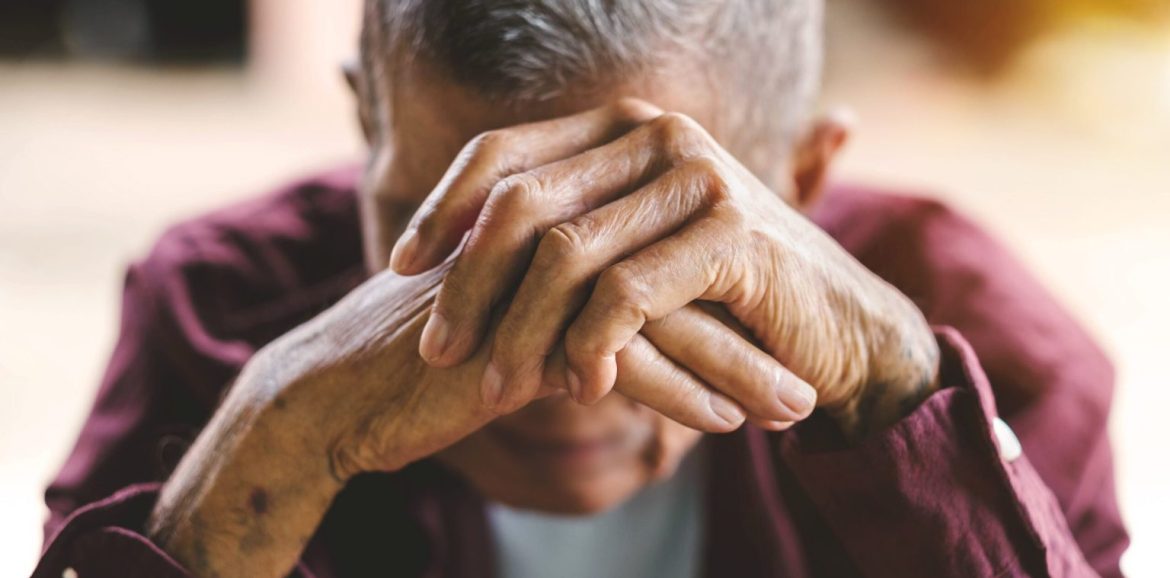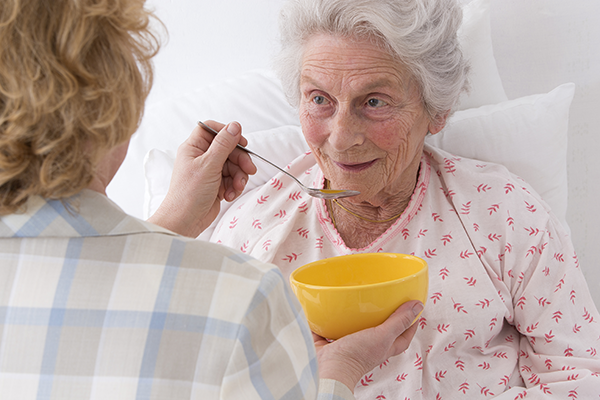As we journey through life, there often comes a time when elderly loved ones require specialized care. For those dealing with psychiatric conditions such as dementia, Alzheimer’s, or depression, the search for the right care setting can be challenging. One viable option that provides a unique approach to elderly psychiatric care is the psychiatric rest home.
What Is a Psychiatric Rest Home?
Before delving into the benefits, it’s essential to understand what a psychiatric rest home is and how it differs from other care settings.
Definition and Distinctions
A psychiatric rest home is a residential facility that caters specifically to elderly individuals with psychiatric disorders. It differs from traditional nursing homes or assisted living facilities in several ways:
Specialized Care
- Psychiatric rest homes offer specialized care tailored to the unique needs of residents with mental health conditions.
A Focus on Mental Health
- While other facilities may provide various types of care, psychiatric rest homes prioritize mental health support and therapy.
A Smaller, More Intimate Setting
- Rest homes are often smaller in scale, creating a more intimate and personalized environment for residents.
The Benefits of Choosing a Psychiatric Rest Home

When considering the care options for your elderly loved one dealing with psychiatric challenges, a psychiatric rest home offers several notable advantages.
1. Specialized Care
Psychiatric rest homes are staffed by professionals experienced in dealing with the complexities of psychiatric conditions. Their expertise allows for individualized care plans that address specific mental health needs, providing a higher level of support and understanding.
2. Tailored Therapy Programs
One of the standout features of psychiatric rest homes is the emphasis on therapeutic programs. These programs can include cognitive-behavioral therapy, art therapy, and music therapy, among others. They are designed to engage and stimulate residents, fostering better mental health and overall well-being.
3. Smaller, Cozier Environment
Psychiatric rest homes are often smaller and more intimate than larger care facilities. This cozier setting creates a homely atmosphere where residents receive personal attention and develop stronger relationships with staff and fellow residents.
4. Enhanced Safety and Security
The safety and security of residents are paramount in psychiatric rest homes. These facilities are equipped with safeguards to protect residents from potential hazards and ensure their well-being. This level of security can provide peace of mind for families and loved ones.
5. Medication Management
Psychiatric rest homes excel in medication management. Trained staff can monitor and administer medications as prescribed, reducing the risk of medication-related issues, which is especially crucial for those with psychiatric conditions.
Making the Decision: Is a Psychiatric Rest Home Right for Your Loved One?
While psychiatric rest homes offer significant benefits, it’s essential to assess whether this type of care is the right fit for your elderly loved one. Consider these factors when making your decision:
1. Diagnosis and Mental Health Needs
Evaluate the specific psychiatric condition and its severity. Determine if the level of care and therapy provided by a psychiatric rest home aligns with your loved one’s needs.
2. Family Support and Involvement
Consider the level of family involvement and support. Many psychiatric rest homes encourage family engagement, and this can be an important factor in your decision.
3. Location and Accessibility
Think about the location of the rest home and its accessibility. It’s crucial that the facility is convenient for family visits and provides a supportive environment for your loved one.
4. Financial Considerations
Assess the financial aspect of care. Understand the costs associated with a psychiatric rest home and explore available financial assistance or insurance coverage options.
The Transition Process
Transitioning your elderly loved one into a psychiatric rest home can be an emotional journey. To make the process as smooth as possible, follow these steps:
Open Communication
Discuss the decision with your loved one and involve them in the selection process. Open communication is vital for their understanding and comfort.
Visit Multiple Facilities
Tour various psychiatric rest homes to assess their environment, care programs, and staff. Meeting with the staff and residents can provide valuable insights.
Create a Transition Plan
Work with the rest home staff to develop a personalized transition plan. This plan should address medical needs, therapeutic activities, and any personal preferences.
Supportive Network
Lean on your support network during this transition. Seek guidance from healthcare professionals and support groups who can provide valuable advice and emotional support.
In conclusion, psychiatric rest homes offer a specialized and compassionate approach to caring for elderly individuals dealing with psychiatric conditions. The focus on mental health, tailored therapy programs, and a cozy, secure environment make these facilities a valuable option for those seeking the best care for their loved ones. When considering the right care setting for your elderly family member, take into account their specific needs and preferences, and explore the advantages of a psychiatric rest home as a viable solution.







